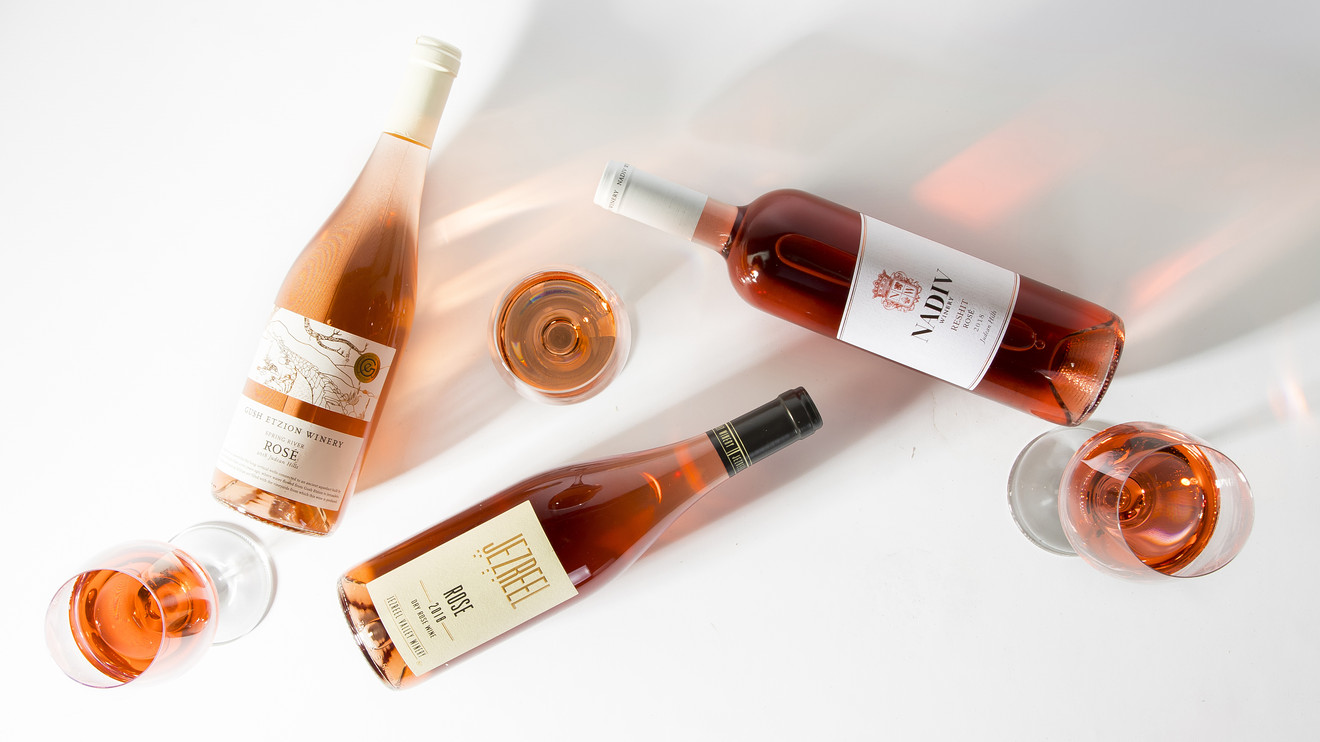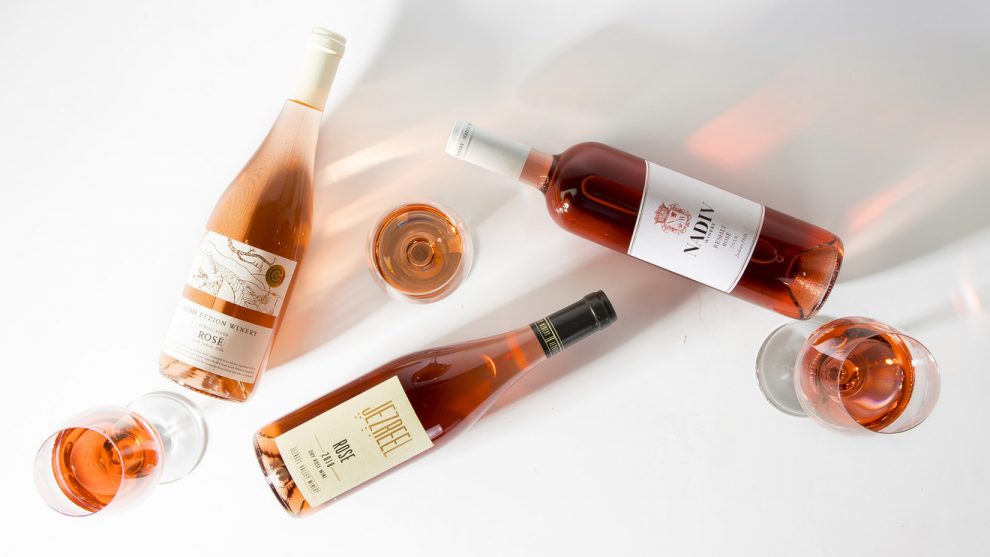
The bottles: Rosé wines from Israel, various prices
The back story: With the Jewish holiday of Passover upon us, it’s time to break out the wine. After all, it is key feature of the seder, the dinner and service that marks the start of the celebration, which commemorates the Jewish exodus from Egypt. Traditionally, that has meant a sweeter wine — say, Manischewitz Concord Grape.
But these days, we say go for the rosé. Specifically, rosé wines from Israel.
The pink-hued vino has gained tremendously in popularity over the last few years (and don’t forget frosé, the frozen cocktail made from it). In France, a country long associated with the style, rosé now beats out white wine in sales, according to the VinePair website. But Israel, a country in a land where winemaking has roots going back thousands of years, is also increasingly entering the rosé game. Royal Wine Corp., a major U.S. importer of Israeli wines, says that 17 of the 29 labels it represents from the country produce a rosé.
Gabe Geller, a Royal Wine spokesman, notes that the refreshing style is a good fit in a warm, Mediterranean country. On top of that, “Israel grows a large array of grape varieties, many of which are popular for making rosé,” he says, pointing to such examples as Carignan, Grenache and Syrah.
What we think about them: We sampled a handful of Israeli rosés and came to two conclusions: They can be quite good, but they also differ widely in taste and approach. For example, the Jezebel Rosé ($23) from the Jezebel Valley Winery has a clean dryness that we associate with the classic French version of rosé, though it also offers nice hints of watermelon. By contrast, the Flame Rosé ($35) from the Flam Winery is a sweeter (though not sweet) affair, with an inviting taste of red plums.
How to enjoy them: These wines pair well with many classic Passover dishes, be it gefilte fish or matzo-ball soup. (And for those who are observant, the sips are indeed kosher for Passover.) But the wines shouldn’t strictly be relegated to the holiday table: They’ll make fine refreshers throughout the warmer months of the year.
Get a daily roundup of the top reads in personal finance delivered to your inbox. Subscribe to MarketWatch’s free Personal Finance Daily newsletter. Sign up here.








